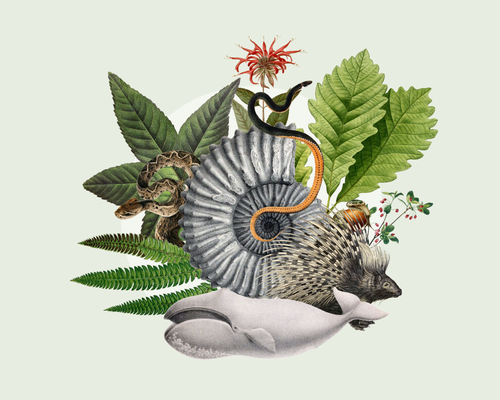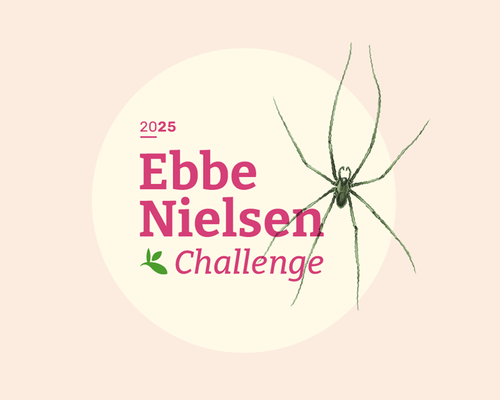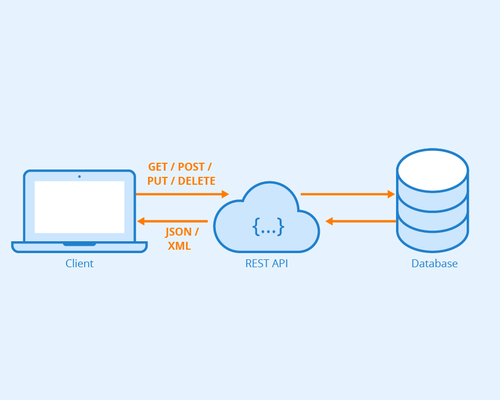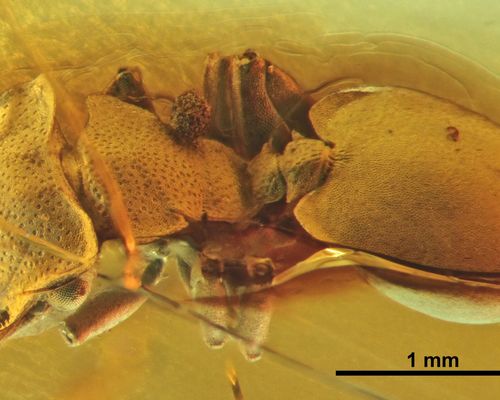بيانات التنوع الحيوي متاحة مجاناً
ما هو المرفق العالمي لمعلومات التنوع الحيوي "جبيف"

GBIF أو شبكة المرفق العالمي لمعلومات التنوع البيولوجي هي شبكة دولية وبنية تحتية للبيانات التي يتم تمويلها من قبل حكومات العالم. تهدف الشبكة إلى توفير وصول مفتوح لأي شخص في أي مكان إلى بيانات حول جميع أنواع الحياة المختلفة على الأرض.
أخبار
استعمال البيانات
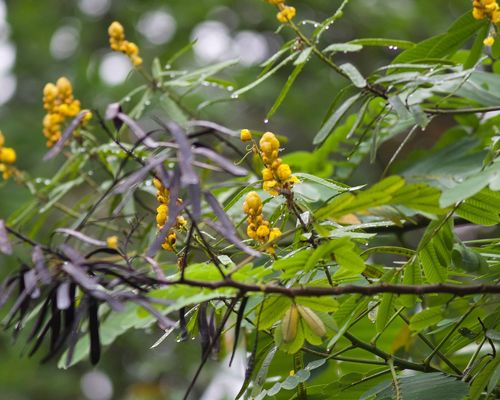
التغير المناخي
أبحاث علمية محكمة باستخدام بيانات
Biodiversity loss and climate change interact in many ways, reflecting two sides of the same problem: humanity’s unsustainable relationship with the natural world. Explore the research relying on data from the GBIF network to understand and assess the growing impact that changing temperatures, precipitation and other climate-related phenomena are having on biodiversity.

الأنواع الغريبة الغازية
أبحاث علمية محكمة باستخدام بيانات
Information is the single most important variable necessary to support research, monitoring and management of alien and invasive species. From identifying and predicting potential invasions to improving management applications, detection strategies, and risk assessments, GBIF plays a pivotal role in fulfilling data needs about these costly and disruptive forces of change.
الصحة البشرية
أبحاث علمية محكمة باستخدام بيانات
Knowing where the species that transmit disease-causing pathogens occur is important for recognizing, managing and preventing potential threats to human communities. Data shared through the GBIF network enables scientists and researchers to map the wild host, vector and reservoir species involved in cycles of disease transmission and how their distributions are changing.

IUCN Red List of Threatened Species™
species assessments citing GBIF
GBIF-mediated data is used for mapping species distributions and for calculating Area of Occupancy (AOO) and Extent of Occurrence, measures key to assessing threat level and categorizing species on the Red List.
Thematic communities
GBIF's data, infrastructure and services support cross-disciplinary research, creating new opportunities for evidence-based science and decision-making. With guidance from the GBIF Science Committee, we monitor signals from who's sharing and using data to pursue strategic opportunities with impact, continuously seeking to improve the quality, relevance and utility of biodiversity data for a wide array of communities across science, technology and policy.
برامج و مشاريع
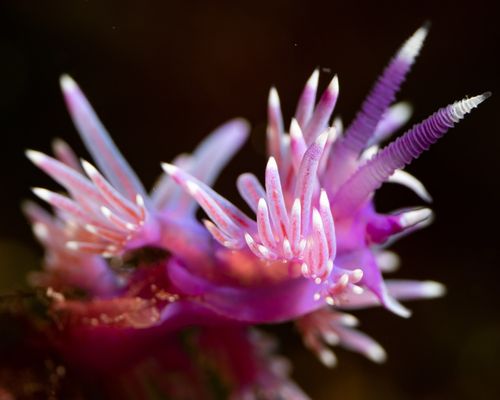
Hosted portals
53Hosted portals
GBIF hosted portals offer simple, customizable websites that support biodiversity data use and engagement at national, institutional, regional and thematic scales. This service, which Participant nodes and their partners can apply to anytime, lowers the technical demands for delivering relevant biodiversity data to communities around the world.
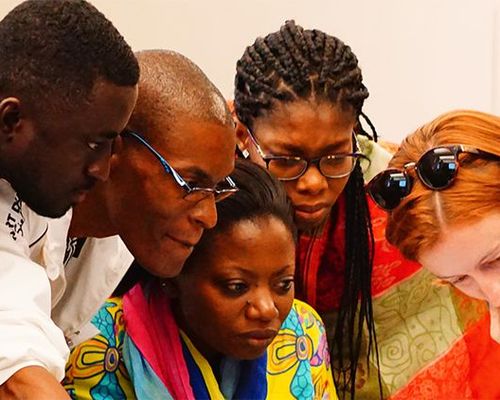
معلومات التنوع الحيوي لأجل التطوير ("بيد")
مشاريع
Biodiversity Information for Development (BID) is a multi-year programme funded by the European Union and led by GBIF with the aim of enhancing capacity for effective mobilization and use of biodiversity data in research and policy in the ‘ACP’ nations of sub-Saharan Africa, the Caribbean and the Pacific.
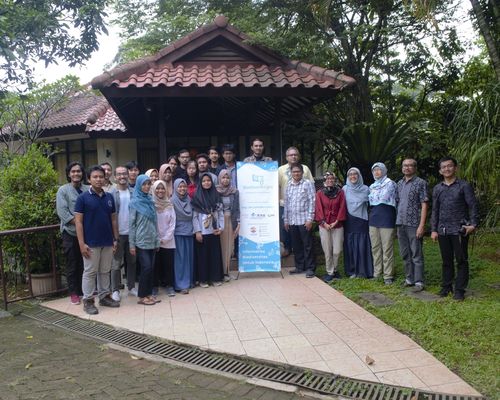
صندوق معلومات التنوع الحيوي لآسيا (BIFA)
مشاريع
BIFA—the Biodiversity Information Fund for Asia—provides supplementary support for existing activities within the GBIF network, addressing the needs of regional researchers and policymakers through mobilization and use of biodiversity data. The programme is the outcome of a contribution from the Ministry of the Environment, Government of Japan, earmarked for activities in Asia.
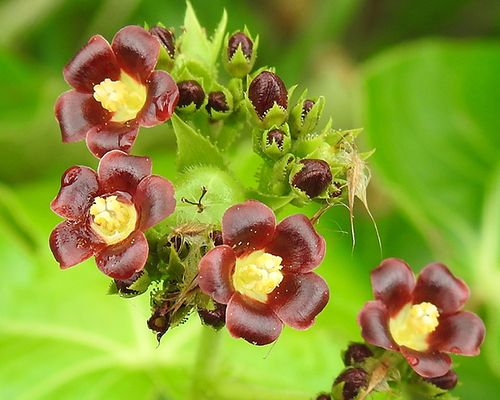
برنامج دعم تعزيز القدرات (CESP)
مشاريع
This programme aims to address specific capacity needs identified by GBIF Participants by facilitating collaboration at regional and global levels, providing co-funding for capacity enhancement projects based on combinations of mentoring activities, regional training workshops and documentation.

Northern Eurasia
مشاريع
Starting in 2018, the Finnish Biodiversity Information Facility (FinBIF), the GBIF national node for Finland, has provided funding directed toward support of projects that mobilize biodiversity data and promote national training and capacity-building activities around data publishing in the region.


